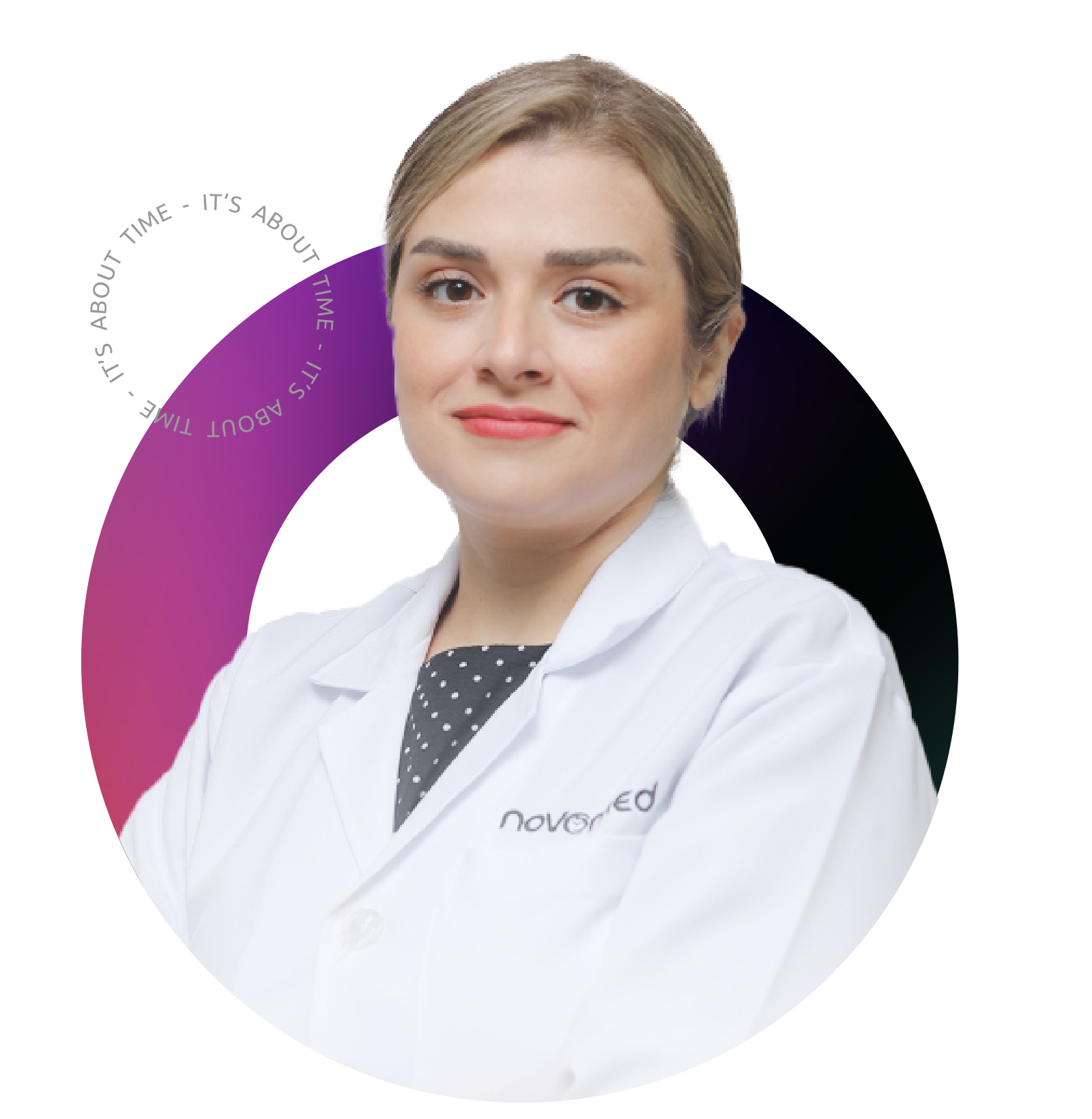Ovarian cysts are sacs filled with fluid that develop on or within the ovaries. They are a common condition affecting women of all ages, from puberty to menopause. While most ovarian cysts are benign and show no symptoms, some can grow large or cause complications.
Some ovarian cysts may require medication or surgery to prevent problems or alleviate symptoms, while others may clear without intervention after a few months.
Symptoms of ovarian cyst
Ovarian cysts usually do not show symptoms and are discovered during routine gynecologic exams. However, some women may experience the following symptoms:
- Abdominal pain or bloating
- Pelvic pain or pressure
- Pain during sexual intercourse
- Irregular menstrual cycles
- Heavy or painful periods
- Painful bowel movements or difficulty urinating
- Nausea or vomiting
Causes of ovarian cysts
Ovarian cysts can develop for several reasons, including:
- Hormonal imbalances: Hormonal imbalances can cause the ovaries to produce an abnormally high number of follicles which can result in the formation of ovarian cysts.
- Endometriosis: Ovarian cysts are one complication of endometriosis, a disorder in which tissue that typically surrounds the uterus develops outside the uterus.
- Polycystic ovary syndrome (PCOS): PCOS is a condition where the ovaries create abnormally high levels of androgens (male hormones), forming ovarian cysts.
- Pregnancy: During pregnancy, the ovaries produce cysts to support the growing fetus.
- Surgery: Surgery to remove the ovaries or fallopian tubes can lead to the development of ovarian cysts.
Treatment of ovarian cysts
Ovarian cysts can be treated in a number of ways, depending on their size, cause, and symptoms. In most cases, a cyst will go away on its own within a few months without any treatment. Nonetheless, some cysts may need medical attention.
- Watchful Waiting. In the majority of cases, ovarian cysts usually resolve within a few months without treatment. In order to monitor the cyst over time and ensure that it is not growing or causing symptoms, physicians may advise monitoring. This treatment method may be appropriate for minor, painless cysts.
- Medication. Hormonal birth control medications may be prescribed to regulate hormonal imbalances and prevent the formation of new ovarian cysts. Additionally, hormone therapy can be used to reduce existing cysts. Pain relievers may also be prescribed to ease ovarian cyst-related discomfort.
- Laparoscopy. Laparoscopy is a minimally invasive surgical procedure used to remove ovarian cysts that have failed to resolve on their own or are causing severe symptoms. A small incision is made in the abdomen, and a thin, flexible tube with a camera (laparoscope) is inserted. Through the incision, surgical instruments are then used to extract the cyst. Laparoscopy is generally reserved for larger cysts or those not responding to medication.
- Oophorectomy. Oophorectomy refers to the surgical removal of one or both ovaries. Typically, this procedure is reserved for large, complex, or malignant ovarian cysts. In some instances, the surgeon may be able to remove only the cyst and preserve the ovary. In other instances, removing the entire ovary may be necessary to prevent cyst recurrence.
Book your appointment at Novomed today!
Board-certified gynecologists at Novomed have the knowledge, skills, and experience to provide high-quality care in their specialty. Our doctors are trained to meet high standards of care and are committed to providing quality care to their patients.
To book a consultation with one of our gynecologists, call us toll-free on 800 (NOVO) 6686 or click the live chat icon at the bottom of the screen.




























